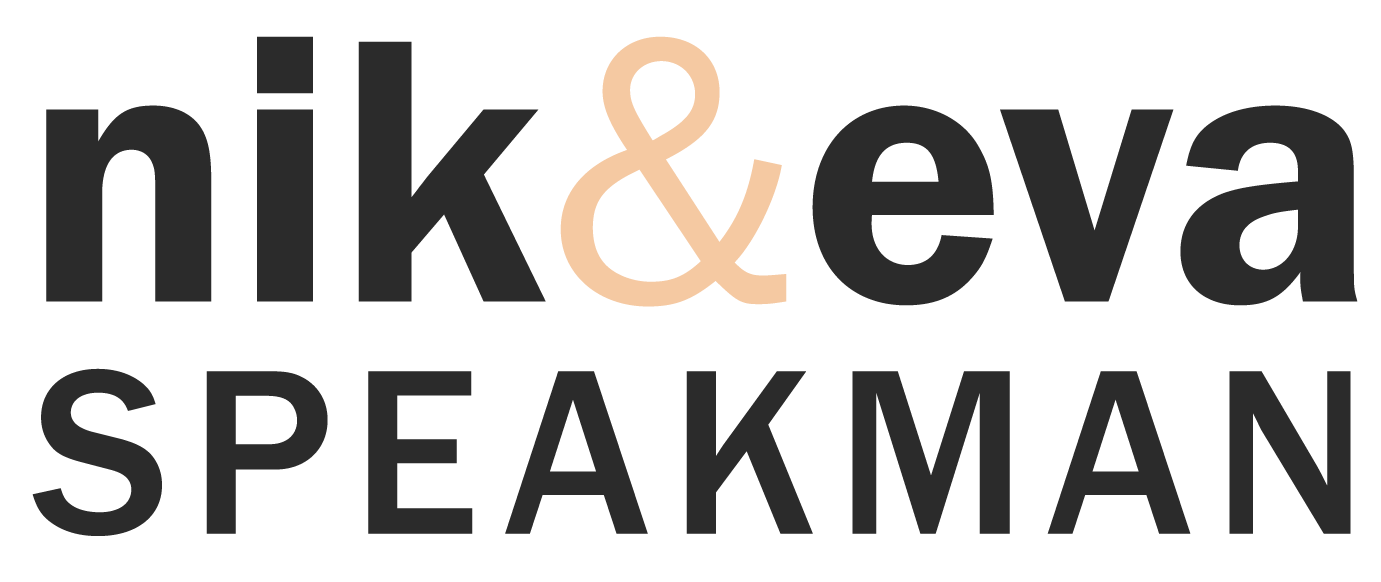10 ways to be a better partner
One of the mistakes people often make in their relationships is attempting to change their partner.
Eventually, they end up realising that the more they push their partner to change, the more resistant their partner becomes to changing in the direction they were hoping to see.
One of the secrets of a successful relationship is for each partner to continue to improve themselves, both as a person and as a partner. If each person does their due diligence to be a good partner, the relationship takes care of itself. You each focus on taking care of each other in the relationship, rather than worrying about how the other should take care of you.
Trouble will invariably surface when one partner feels entitled to positive treatment without giving anything in return. If one partner is putting in the effort to strengthen the relationship, and the other partner is taking without putting forth their own effort for their partner in the relationship, the one who’s doing the work will burn out, become frustrated, and eventually tire of the relationship as their needs are being neglected.
It’s important to realise that no matter a person’s view on relationships, entitlement is going to hurt a relationship.
If all (or the vast majority of) the effort is going one way, then there is no relationship. Both partners have needs and desires that need to be met in order for a relationship to function smoothly.
So, here are some ways to be a better partner, and thus, strengthen your relationship as a whole:
Top Tips
Communicate. This is usually the top of most lists when it comes to relationship skills. Communicate both the positives and the negatives (people often only focus on learning to communicate negatives). Communication is for making our needs and desires understood, our frustrations known, and also our appreciation and affection relayed.
Do one thing every day to make your partner smile. If you know your partner, you know what can make them smile. If you don’t know, pay attention to likes and desires. These can be simple things like a phone call to say “I love you”, or a special note, making breakfast, etc.
Do a household chore every day. Believe it or not, household chores can cause breakups. Partners start blaming the other for all the chores not completed, and it becomes a power standoff that escalates far beyond necessary. Do a chore (or two) every day, whether or not the mess is only yours. Since dishes are a daily chore in themselves, its often a good idea to rotate so each day the dishes switches to the other partner, and the other one does a different household chore. So on those non-dishes days, clean the bathroom, do the laundry, water all the plants, vacuum, take out the rubbish, etc. If you can each do one chore every day, this could both prevent arguments, and strengthen your partnership at home (and make your home a nicer place).
Take your partner on a date once per month. Doing this would automatically give you two dates per month together (whether or not you have children, this would be a worthwhile goal). Make it a date based on your partner’s likes, and also make sure to try new things together. Enjoy being with each other.
Give your partner space for weekly self-care. This is generally more difficult for couples who have children. Be willing to take parental duties for a block of time once per week so your partner can have some time to do something meaningful for themselves. If you each do this for each other once per week you’ll each get some personal time each week.
Listen to your partner. Sometimes your partner needs to talk, whether it’s to vent from the day, have something on their mind, or otherwise. Actively listen with undivided attention and be interested in what your partner has to say. This valuable attention goes a long way with increasing connection in a relationship.
Touch your partner. Affection can easily become overlooked when a couple is busy with work, parenting, or just generally has other things to attend to. Make an effort to put your hands on your partner every day. And that’s not referring to sexually groping your partner. Touch your partner’s shoulder, rub their back, massage their neck and shoulders, put a hand on their leg, etc. Becoming sexual isn’t off limits, by any means, but that isn’t the goal of this. The goal is affectionate contact with your partner. A loving touch can be very soothing.
Compliment your partner. Even if compliments can seem tired, they’re really not. Positivity goes a long way in a relationship, and, generally, the longer the relationship, the more positivity pays off. How special is it after many years that your partner can still look at you and say, “I really like your hair like that,” or, “Those pants look great on you,” etc.?
Sacrifice. You must be willing to occasionally sacrifice something you want to do for something they really want to do, without making a big song and dance over it too.
Surprise. Be willing to surprise your partner, when they least expect it, with a spur of the moment night/day out to show them how much you really do love them.
There are many other ways to become a better partner. If you think of some to add to this list, make note of them and bring them into your relationship. The overall goal is to treat your partner the way you want to be treated (while attending to your partner’s needs and desires).
If you can both look out and care for each other, you’ll each receive the love you desire and your relationship as a whole will benefit.

